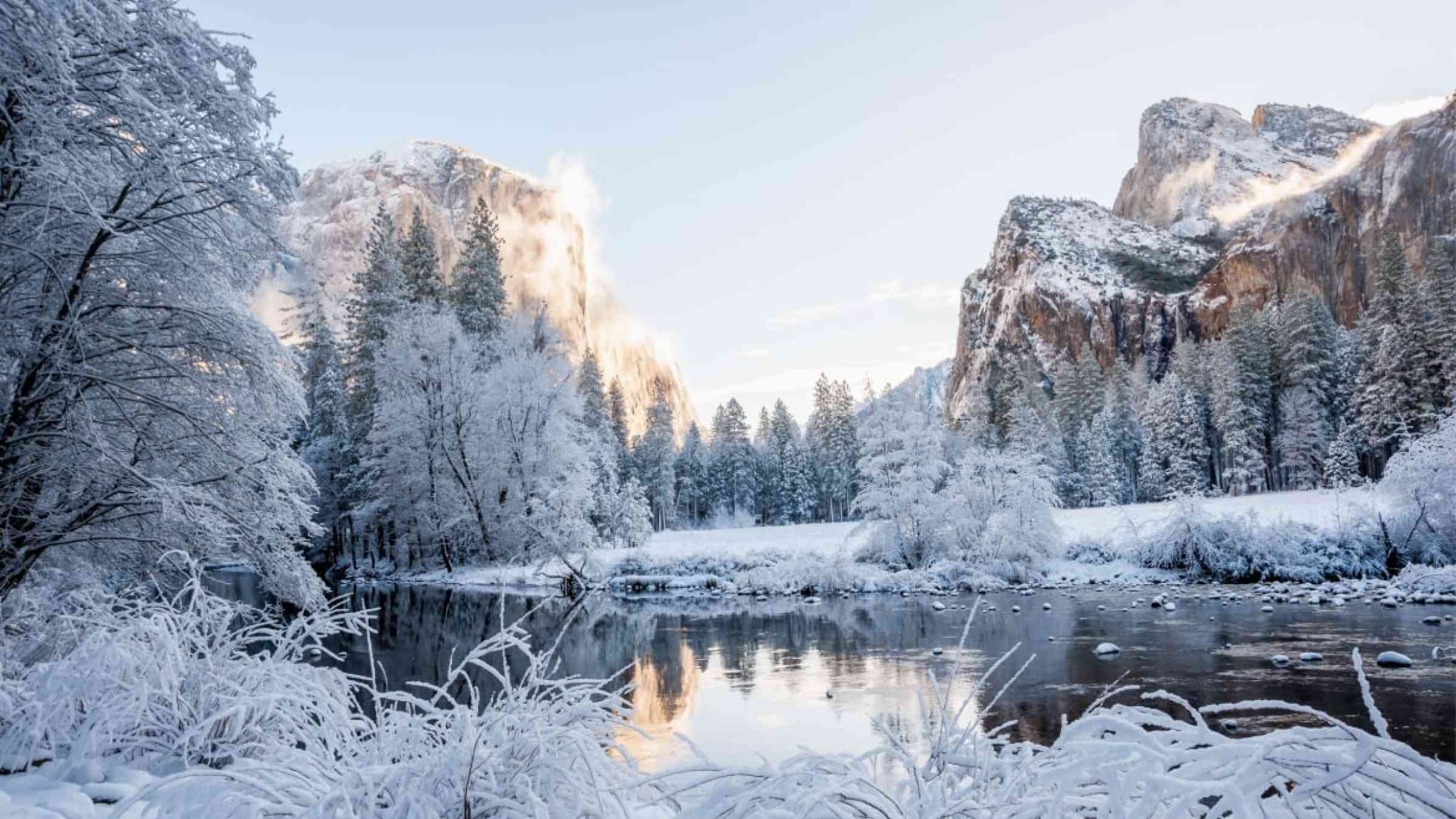News and announcements
Explore the latest updates on global disaster risk and resilience, with news stories that cover critical developments, expert insights, and emerging trends.
Whether you're looking for breaking news from the disaster risk reduction (DRR) community or in-depth analysis of efforts to build a safer, more resilient world, this is your page. Dive into a wide range of topics, from climate change impacts to community-based initiatives, technological innovations, and global policies shaping a more resilient future, at global, national or local level.
Stay connected to the pulse of DRR and join the global conversation to reduce risk and strengthen resilience—one update at a time.


